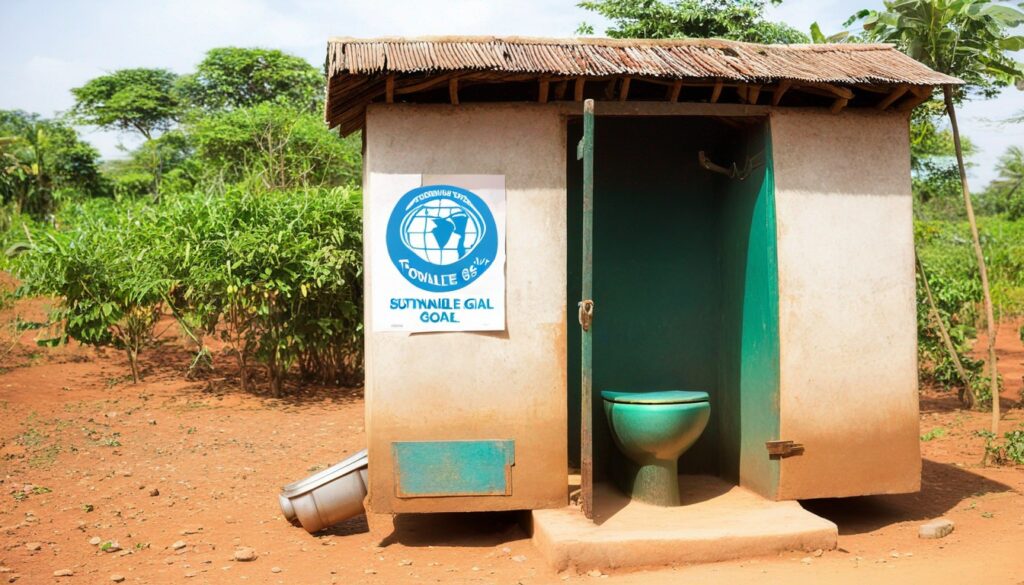
Interview with Kerry Shellito, System Director of Culinary Services for Morrison Healthcare
When purchasing produce sustainability and accessibility is a business driver. We talk about sustainability, but what does it really mean? It means eliminating waste and transportation costs. It means creating viable partnerships with farmers where everyone benefits. We can have berries in our hospital cafe two days after they are picked. And fresh does matter.

Carl Grooms, owner of Fancy Farms, agrees. Established in 1974 in Plant City, Florida, Fancy Farms provides fresh berries for local hospitals through their distributor. Picked every 3 days from Thanksgiving until April, the berries begin as a flower and ripen within 21 days. They are then picked, cooled, and delivered to the hospital within two days. Carl is proud to have both his wife and two grown children helping him with the farm and their market, which features homespun recipes, most notably, their fresh strawberry cookies and milkshakes.

Carl and his team plant roughly three million strawberries by hand, which are picked 35 times per season. “It makes me feel good that these crops are distributed locally, right off the bush, and to the hospital. A fresh strawberry will always help boost a person’s morale. A person always feels better after a strawberry than they did before.”
Local, fresh food allows us to design seasonal menus, and we feature these foods in the cafe and on our patient menus. that they can order directly to their rooms. Locally sourced items include: red cabbage, savoy cabbage, bicolor corn, cucumbers, eggplant, poblano peppers, butternut squash, zucchini, spaghetti squash and yellow squash. There’s so much we can do with local produce. We are designing menus around seasonality and can highlight the produce through our café specials. We can forward our retail concepts, like Verde, fresh Latin Kitchen, Zen, our Asian-fusion concept, and our wood-fired pizzas. The yogurt bar at Orlando Health has fresh berries that are locally sourced from Fancy Farms. Through these local farm partnerships, we can offer fresh fruits and vegetables to our patients, staff and caregivers.

Buying locally helps contain costs and significantly reduces food waste. When produce is harvested locally and in season, it allows for produce to be used at the peak of ripeness and the reduced transit time means it lasts longer, reducing spoilage and waste. With approximately 40% of food going to waste, hospital leaders are in a position to make a quantifiable impact on the industry and their communities. Waste Not 2.0 is a tool we use that leverages technology and analytics to track and record food waste types, amounts, and destinations. Through this data, hospitals can address food waste at the source. It’s a game changer, it’s the right thing to do, and it translates into cost savings.

Chuck Obern, founder of C & B Farms, believes in promoting health through healthy produce. “We’ve been planting, growing, harvesting, and shipping fresh produce for over 40 years. It gives me joy to see people enjoying super fresh vegetables.” Chuck is proud to partner with hospitals and be a part of the solution. In addition to offering fresh food in hospital cafes, we provide produce for Worthy Flavors Disease States Produce boxes. These Food-As-Medicine boxes are curated with specific fruits and vegetables that meet the unique health needs of the consumer. “We believe that good nutrition is the foundation of wellness.”
We are working towards having these local farm partnerships integrated into our business model. It’s not enough to say “we use fresh food,” What drives the partnership is how we select local produce and design our menus in collaboration with the farmers and the growing season. The closer these farms are to our hospitals, the better. We are in Florida, so we have so many options. We can benefit from what local farms have to offer our patients, caregivers, and staff.

One of the many sustainability initiatives on C & B farms involves tailwater recovery, a practice that reuses the rainwater that would normally be sent out into drainage ditches. The water is then recycled for use on the farm. This reduces water consumption by over 50 percent from the Floridan Aquifer. Other initiatives include reducing phosphorus by improving their containment systems and reducing carbon by utilizing compost from animal waste.
We do make a big impact—food is at the heart of the hospital experience. There are many things beyond a patient’s control when they are not feeling well, but we strive to have their food experience exceed their expectations. Supporting farmers, and bringing local food from Florida to our patients, staff, and caregivers, is just the right thing to do. And Morrison Healthcare is willing to take the extra step.






